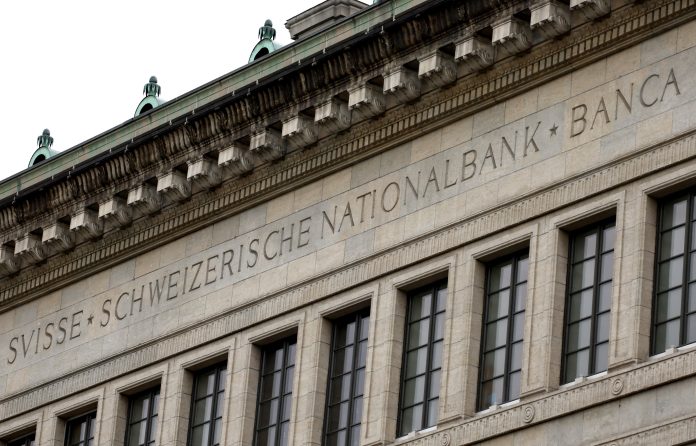The Swiss National Bank (SNB) became the first central bank among advanced economies to beat a post-pandemic surge in inflation, cutting its key interest rate by 0.25 percentage point to 1.5 per cent and hinting at further cuts in the coming months.
The bank said in a statement:
“The easing of monetary policy has been made possible because the fight against inflation over the past two and a half years has been effective. For some months now, inflation has been back below 2 percent and thus in the range the SNB equates with price stability.”
SNB President Thomas Jordan, who announced last month that he would step down early in September, is entering the final phase of his 12-year tenure with a bang. None of Western Europe’s other central banks are expected to cut rates for at least another three months.
His decision also surprised financial markets, with the vast majority of analysts expecting interest rates to remain unchanged at this meeting. The Swiss franc fell 1.1 per cent against the dollar and 0.8 per cent against the euro, respectively.
The exchange rate has played a key role in the SNB’s fight against inflation. The SNB, which bought up euros in huge quantities in the decade after the financial crisis to stop the franc from appreciating, sold 132.9 billion francs worth of foreign currency in 2023 to curb rising import prices and support the exchange rate. In a statement issued on Thursday, the SNB reiterated that it “remains ready to be active in the foreign exchange market as needed.”
At a press conference in Zurich, Jordan rejected any suggestion that the cut could be his parting gift to Switzerland. He said:
“It’s 100 percent compatible with our [monetary policy] framework, as well as our risk management considerations. Inflationary pressures [are] much lower than projected in December, so it was the right time to adjust monetary policy now.”
The SNB said its decision reflected “a reduction in inflationary pressures as well as the strengthening of the Swiss franc in real terms over the past year” and said it should support economic activity going forward.
Switzerland has been an island of relative price stability in Europe in recent years, with inflation peaking at 3.5 per cent, while the eurozone and the UK have reached double digits. According to the SNB’s new forecast, inflation is likely to remain within the 0-2% target range for the next few years, after hovering in that range since June.
